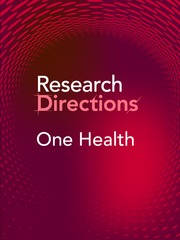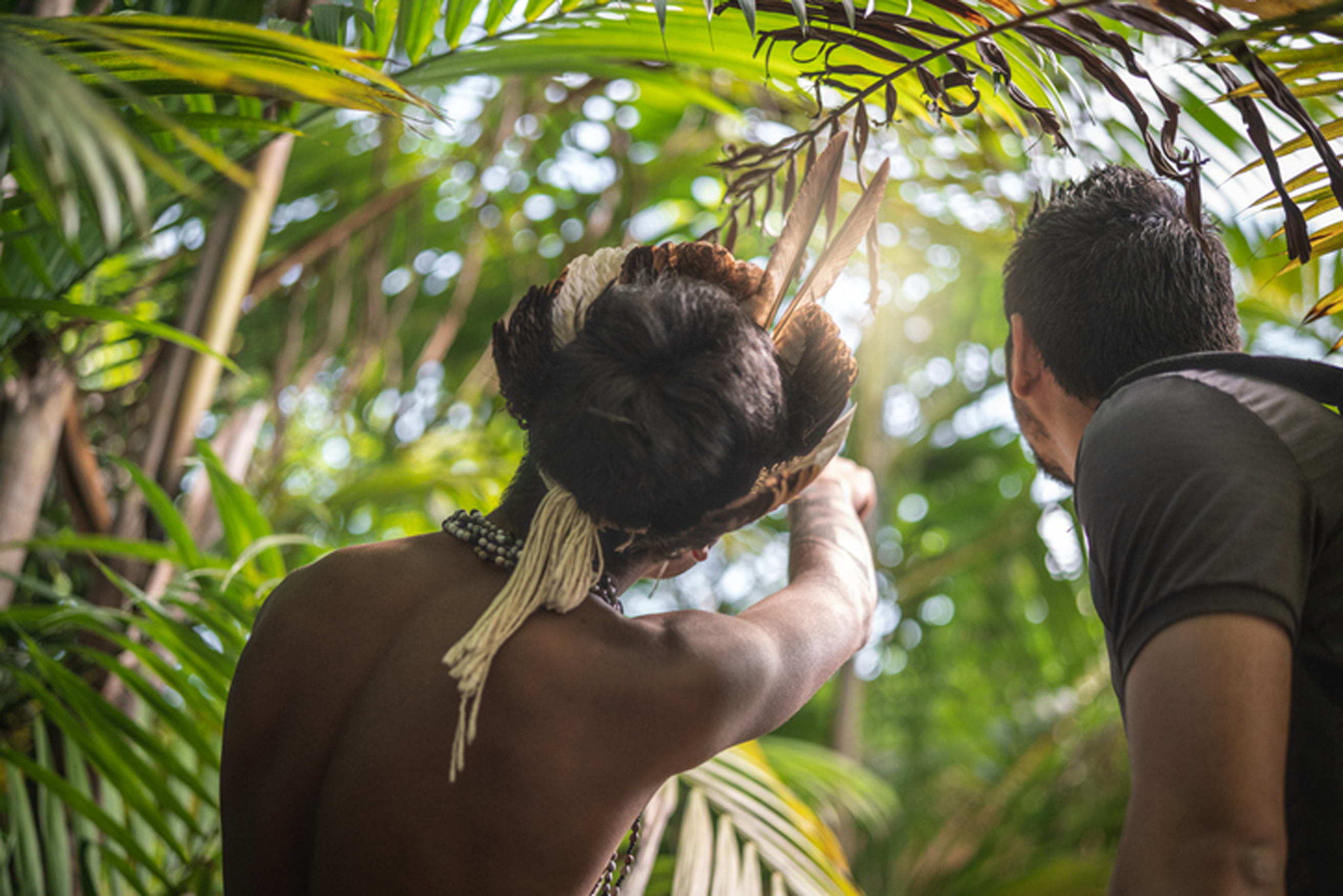Western science introduced the term “One Health” to tackle issues associated with siloed scientific endeavours and extractive economic systems. However, Indigenous Peoples and many local communities have understood for thousands of years that human, animal and environmental health is inseparable from ecosystem health. To date, there have been few One Health initiatives that recognise, respect and work with Indigenous people to incorporate Indigenous knowledge systems (Mumford et al., Reference Mumford, Martinez, Tyance-Hassell, Cook, Hansen, Labonté, Mazet, Mumford, Rizzo, Togami, Vreedzaam and Parrish-Sprowl2023; Pollowitz et al., Reference Pollowitz, Allick, Campbell, Kamakahiolani Ellison, Perez-Aguilar, Vera, Ramirez, Nadal and Meisner2024). Additionally, operationalising One Health is proving challenging in many settings. Part of the problem is the Western approach of using English terms in non-English speaking settings and ignoring Indigenous knowledge systems. To achieve equitable and sustainable development, One Health must better understand, respect and, in collaboration with Indigenous communities, incorporate Indigenous perspectives, knowledges and practices.
How to contribute to this Question
If you believe you can contribute to answering this Question with your research outputs find out how to submit in the Instructions for authors. This journal publishes Results, Analyses, Impact papers and additional content such as preprints and “grey literature.” Questions will be closed when the editors agree that enough has been published to answer the Question so before submitting, check if this is still an active Question. If it is closed, another relevant Question may be currently open, so do review all the open Questions in your field. For any further queries check the information pages or contact this email [email protected].
Competing interests
The authors declare none.





